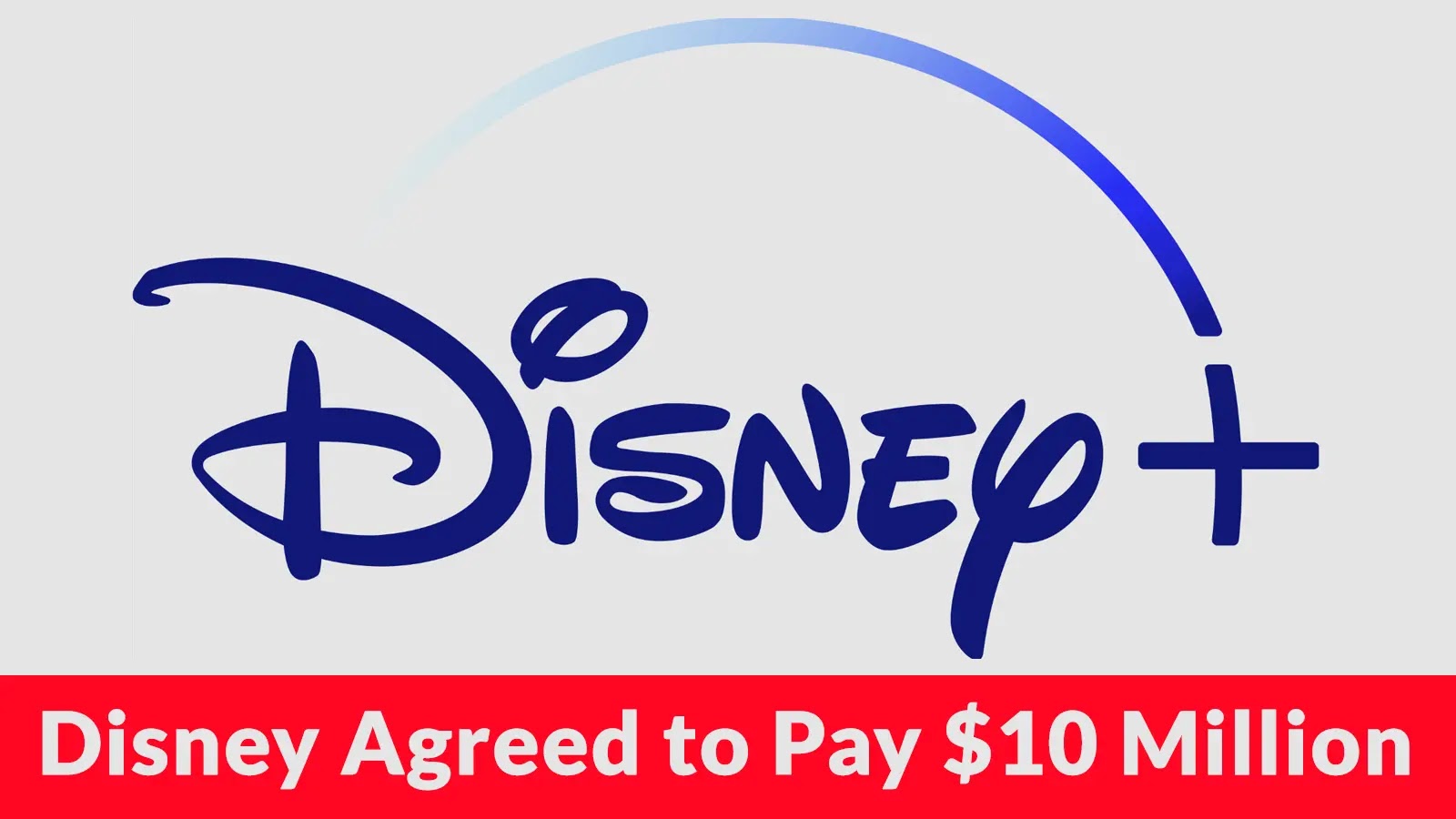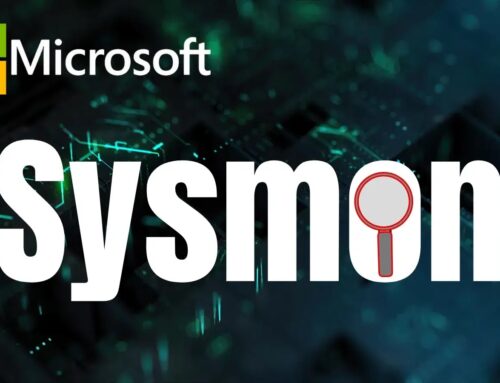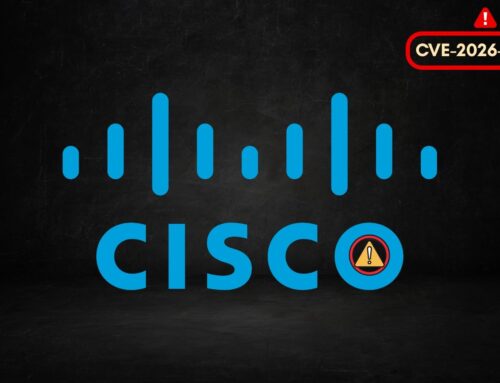
Disney Agreed to Pay $10 Million for Collection Personal Data From Children
The $10 Million Question: Disney’s COPPA Violation and Why It Matters
The digital playground, while offering boundless entertainment, also presents significant challenges, especially when it comes to the safety and privacy of our youngest users. A recent landmark settlement involving Disney Worldwide Services, Inc. and Disney Entertainment Operations LLC has cast a stark spotlight on these very concerns. Disney has agreed to pay a substantial $10 million to resolve allegations of systematically collecting personal data from children under the age of 13, a direct violation of the Children’s Online Privacy Protection Act (COPPA) Rule.
This settlement, spearheaded by the U.S. Department of Justice, underscores a critical message: even the most prominent digital entities are not exempt from stringent privacy regulations designed to protect vulnerable populations. For cybersecurity professionals, developers, and IT administrators, this incident serves as a potent reminder of the paramount importance of data governance, compliance, and ethical data handling, particularly when interacting with minors online.
Understanding COPPA: The Guardian of Children’s Online Privacy
The Children’s Online Privacy Protection Act (COPPA) Rule, enforced by the Federal Trade Commission (FTC), is a U.S. federal law designed to give parents control over what information is collected from their young children online. Specifically, COPPA dictates that operators of websites or online services directed at children under 13, or those with actual knowledge that they are collecting personal information from children under 13, must:
- Obtain verifiable parental consent before collecting, using, or disclosing personal information from children.
- Provide clear and comprehensive privacy policies.
- Keep the information collected from children secure and confidential.
- Allow parents to review, delete, and prevent further collection or use of their child’s information.
- Retain personal information collected from children only for as long as is reasonably necessary to fulfill the purpose for which it was collected.
Disney’s alleged violations centered around the systematic collection of personal data, suggesting a failure to adhere to these core tenets of COPPA, particularly regarding parental consent and data collection practices.
The Implications of Disney’s Settlement
The $10 million settlement is more than just a financial penalty; it’s a loud declaration from regulatory bodies. For organizations operating online, especially those with services that might attract minors, this case reinforces several critical points:
- Increased Scrutiny: Regulators are actively monitoring and pursuing violations of privacy laws, particularly those impacting children. This signals a higher level of enforcement across the board.
- Reputational Damage: Beyond financial costs, a public settlement of this nature can significantly damage a company’s reputation, eroding trust among users, parents, and stakeholders.
- Operational Repercussions: Companies found in violation often face mandates to overhaul their data collection, storage, and processing practices, which can be a complex and costly undertaking.
- No Exemption for Size: This case clearly demonstrates that the size or prominence of an organization offers no immunity from regulatory compliance.
Remediation Actions and Best Practices for Data Privacy Compliance
For any organization collecting or processing personal data, particularly from children, robust privacy practices are not merely desirable but legally mandated. Here are critical remediation actions and best practices:
- Conduct Regular Data Audits: Organizations must regularly audit their data collection practices to understand exactly what data is being collected, from whom, and why. Map data flows comprehensively.
- Implement “Privacy by Design”: Integrate privacy considerations into the design and architecture of all systems and business practices, rather than as an afterthought. This includes minimizing data collection and ensuring data security from the outset.
- Strengthen Consent Mechanisms: For services targeting or accessible by children, implement clear, verifiable parental consent mechanisms that meet COPPA requirements. Avoid dark patterns or ambiguous language.
- Robust Data Security Measures: Employ strong encryption, access controls, and regular security audits to protect collected data from breaches. This aligns with general data protection principles (e.g., GDPR, CCPA) as well as COPPA.
- Train Employees: Regularly train all employees, especially those involved in product development, marketing, and data handling, on privacy laws (e.g., COPPA, GDPR, CCPA) and internal data privacy policies.
- Regular Policy Reviews: Privacy policies should be clear, easily accessible, and reviewed/updated regularly to reflect changes in data practices or regulations. Ensure they explicitly address child privacy if applicable.
- Incident Response Planning: Develop and test a comprehensive incident response plan for data breaches or privacy violations, including notification procedures to affected parties and regulatory bodies.
While this particular incident isn’t tied to a specific vulnerability per se (like a CVE), it underscores a systemic control failure in data governance. Consistent adherence to privacy regulations acts as a strong preventative measure against such large-scale non-compliance issues.
Final Thoughts: A Call for Proactive Privacy Protection
The Disney settlement serves as a powerful reminder that in the interconnected digital landscape, protecting personal data, especially that of children, is a non-negotiable responsibility. For IT professionals, security analysts, and developers, this means moving beyond mere technical security measures to embrace a holistic view of data privacy and compliance. Proactive measures, stringent internal controls, and a deep understanding of regulations like COPPA are essential to building trust, avoiding costly penalties, and ultimately, safeguarding user data in an evolving digital world.
The $10 million question for every organization today isn’t “if” privacy will be scrutinized, but “when.” Being prepared is the only viable answer.





